Abstract:
The Brazilian National Solid Waste Plan establishes as a goal the reduction of 70% of recyclable and organic waste destined for landfills by 2031. However, in 2017 only 22,5% of the 5.570 municipalities presented the selective collection of recyclables, representing a recovery of only 5,4% of the total of potentially recyclable materials generated in the country. For organics, the recovery is even smaller with selective collection being practically inexistent. This scenario shows the challenges Brazil faces regarding waste treatment and recovery as well as regarding the implementation of selective collection schemes. In this context, the Institute for Technological Research of the State of São Paulo developed a technological plataform to assist Brazilian municipalities in the planning and implementation of integrated management systems. The present paper will focus on the results obtained in Module I, regarding the implementation of separate collection schemes and actions for waste reduction. The objective is to assess the strategies of environmental education applied in order to stimulate public acceptance and participation in the new waste separation and collection logistics, focusing on the challenges for its implementation. It was found that, although the system is being approved by the population, more intense and continuous actions of environmental education, mobilization and communication are necessary to promote a change in the population behavior related to household waste management.
Reference:
GUIMARÃES, Camila Camolesi; OLIVEIRA, Taciana Freire de; MANÉO, Fernanda Peixoto; MACEDO, Letícia dos Santos; TEIXEIRA, Cláudia Echevenguá. Environmental education and popular mobilization for the implementation of integrated waste management systems. In: INTERNATIONAL WASTE MANAGEMENT AND LANDFILLS SYMPOSIUM, SARDINIA 2019, 17., 2019, Forte Village, Santa Margherita di Pula, Italy. Proceedings… 13 p.
Document with restricted access. Login to BiblioInfo, Library/IPT-DAIT to access PDF text:
https://escriba.ipt.br/pdf_restrito/176362.pdf
The Brazilian National Solid Waste Plan establishes as a goal the reduction of 70% of recyclable and organic waste destined for landfills by 2031. However, in 2017 only 22,5% of the 5.570 municipalities presented the selective collection of recyclables, representing a recovery of only 5,4% of the total of potentially recyclable materials generated in the country. For organics, the recovery is even smaller with selective collection being practically inexistent. This scenario shows the challenges Brazil faces regarding waste treatment and recovery as well as regarding the implementation of selective collection schemes. In this context, the Institute for Technological Research of the State of São Paulo developed a technological plataform to assist Brazilian municipalities in the planning and implementation of integrated management systems. The present paper will focus on the results obtained in Module I, regarding the implementation of separate collection schemes and actions for waste reduction. The objective is to assess the strategies of environmental education applied in order to stimulate public acceptance and participation in the new waste separation and collection logistics, focusing on the challenges for its implementation. It was found that, although the system is being approved by the population, more intense and continuous actions of environmental education, mobilization and communication are necessary to promote a change in the population behavior related to household waste management.
Reference:
GUIMARÃES, Camila Camolesi; OLIVEIRA, Taciana Freire de; MANÉO, Fernanda Peixoto; MACEDO, Letícia dos Santos; TEIXEIRA, Cláudia Echevenguá. Environmental education and popular mobilization for the implementation of integrated waste management systems. In: INTERNATIONAL WASTE MANAGEMENT AND LANDFILLS SYMPOSIUM, SARDINIA 2019, 17., 2019, Forte Village, Santa Margherita di Pula, Italy. Proceedings… 13 p.
Document with restricted access. Login to BiblioInfo, Library/IPT-DAIT to access PDF text:
https://escriba.ipt.br/pdf_restrito/176362.pdf

